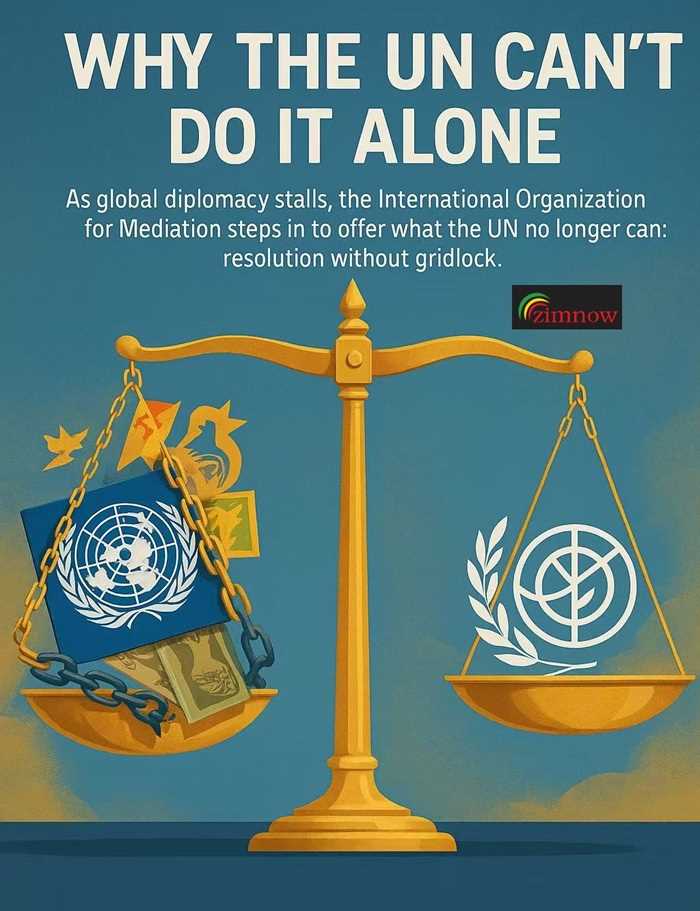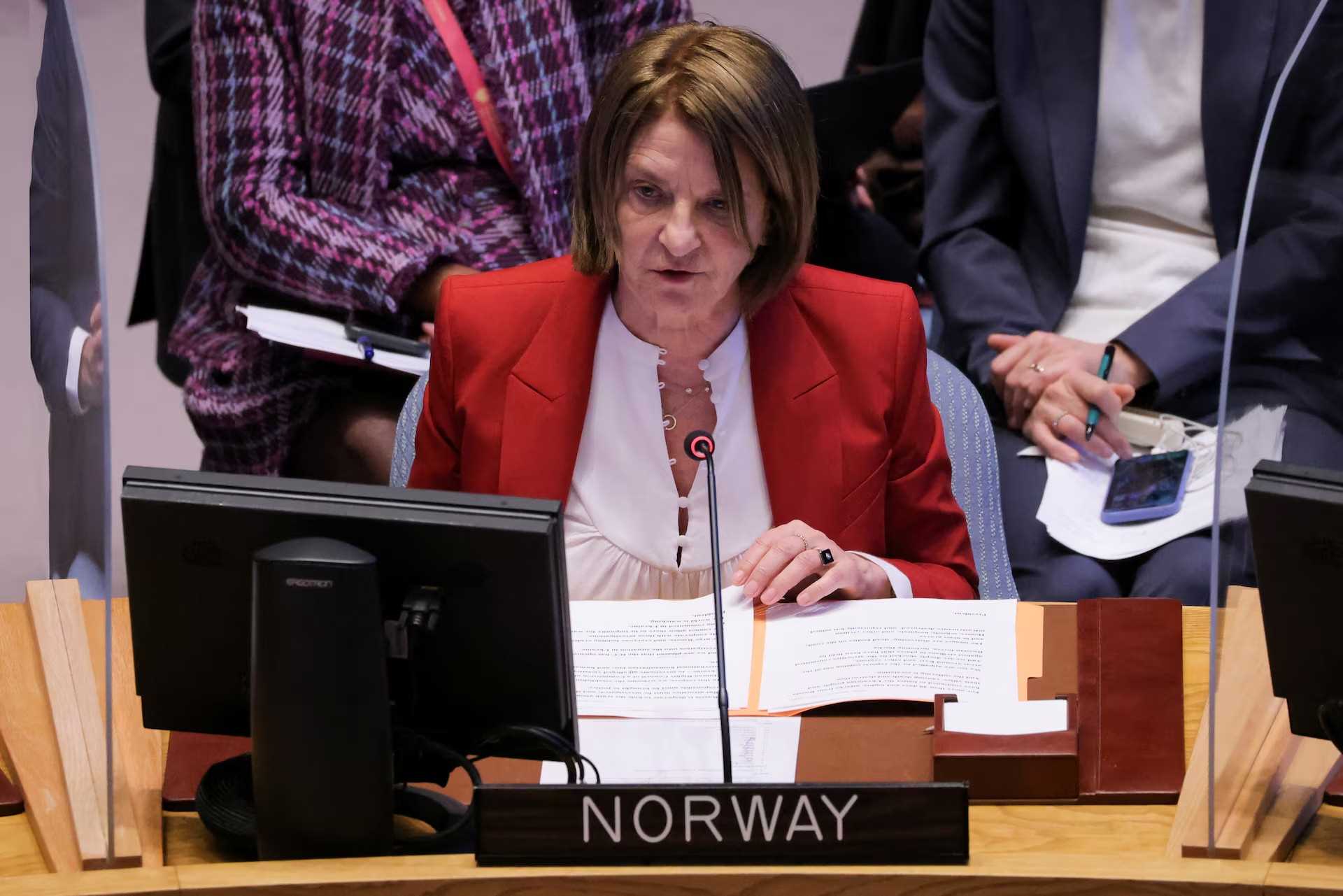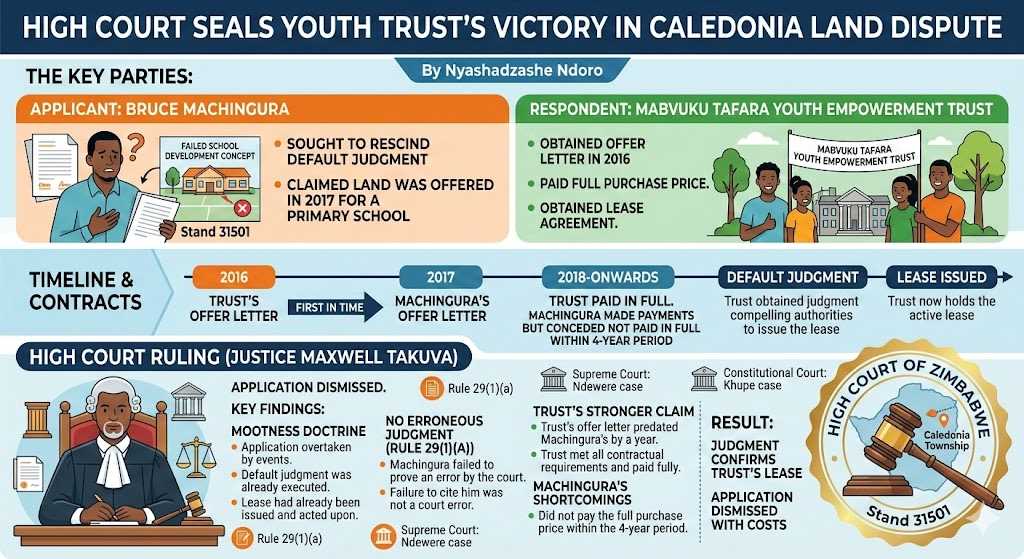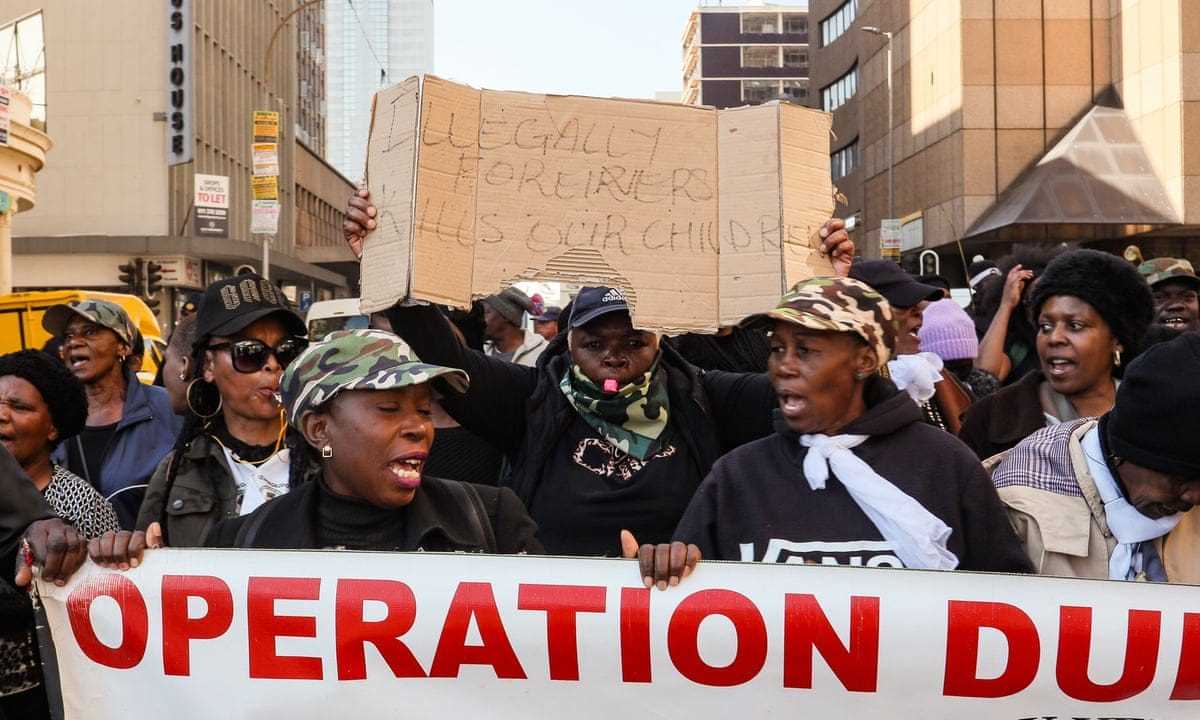
Monica Cheru-Managing Editor
Israeli leader Benjamin Netanyahu has declared that the UK, EU, and Canada are on the “wrong side of history” for refusing to condone his brutal actions in Gaza because for him, the end goal of obliterating Hamas makes any means correct. Even if that means slaughtering hundreds of thousands of Palestinians with bombs and starving the survivors to death.
Along with the Russia-Ukraine conflict, the India-Pakistan conflict, US attacks on Yemen, and several conflicts in Africa, there are stark illustrations that the United Nations, created in 1945 with the lofty promise to “save succeeding generations from the scourge of war,” has failed. Dismally.
In a few days, nearly 60 countries and two dozen international organizations will converge in Hong Kong to witness the birth of a new global mechanism for peace: the International Organization for Mediation (IOMed).
Set to be the world’s first intergovernmental legal body dedicated exclusively to resolving international disputes through mediation, the world hopes that is the option that has come about through a study of historical trial and error in the pursuit of peace.
From arranged marriages, fealty swearing, and treaties, the world has long experimented with ways to prevent war, arbitrate grievances, and forge coexistence.
Today we have laws that are more robust, on paper, but peace remains elusive. The number of open conflicts has grown in the past five years, with an escalation in 2025.
The most obvious reasons for this include the impotence of the bodies that are meant to bring conflicted parties together as well as the “winner takes all” approach of the dominant powers.
For example, the EU’s adversarial and punitive approach of using sanctions to compel Russia to end its Ukraine invasion on the EU’s terms has failed to stop the war, and the new raft of measures is unlikely to achieve anything more beyond prolonging the conflict.
Which is why the world needs IOMed right now. If the organization gains traction, it will act as a course correction—a direct response to what is not working.
Founded on principles of traditions that focus on restoring harmony rather than assigning blame, IOMed seeks to bring voluntariness, confidentiality, and relational repair to diplomacy.
By offering legitimacy and flexibility, IOMed can create a new sustainable conflict resolution platform that complements the UN mandate.
Founded after the debacles of the League of Nations, the UN, alongside the International Court of Justice, arbitration tribunals, and peacekeeping missions, has kept open conflict low since 1945.
But over the past few decades, the UN Security Council became hostage to the veto power of five permanent members, rendering it inert during major crises with individual countries or blocs going on to take positions that often add to the fire.
Rwanda, Syria, Ukraine, and Gaza are examples of the failure of the UN.
The International Criminal Court has not fared any better with its selective enforcement that seems to focus on punishing figures from the global south at the instigation of Western powers.
Related Stories
Arbitration courts are expensive, rigid, opaque, and prey to the same allegations of just being pawns for geopolitical influences.
Just as the Versailles Treaty that ended World War One directly led to World War Two, in the same way, interventions in conflict-ridden zones over the past 50 years have failed to resolve conflicts.
Instead, they have left the parties feeling cornered, coerced, disgruntled, bitter, and distrustful, and in the end, they just retreat to prepare to create more fights.
Mediation, by contrast, is voluntary, non-binding, and relationship centered. This strategy is important in today’s world as we move towards multilateralism, and asymmetrical power can no longer be used to sweep aside deep-seated historical grievances.
IOMed, a global institution exclusively dedicated to mediation as a standalone method for international conflict resolution.
Spearheaded by China and supported by countries across Asia, Africa, and Latin America, the new organization is being positioned as a neutral, treaty-based body that offers a third path—beyond war, beyond litigation—for resolving disputes.
The UN is set to be represented at the launch, as IOMed is not being positioned as a rival body but rather as a complementary organization.
Because at the end of the day, the goal is resolving conflicts and creating a world where development for all people can become the key focus.
Whatever the challenge may be—border conflicts, state-investor disputes, or commercial disagreements—IOMed’s promise lies in its ability to act early, flexibly, and quietly.
But as the May 30 signing ceremony approaches, scrutiny is high. How will IOMed navigate power politics without being drawn into them? How will it earn the trust of small states that have often been used as pawns? And will the major powers buy into it when it takes away their favorite negotiation tools, leverage, and intimidation?
Can IOMed bring Netanyahu to understand that Hamas was born out of the despair of a people who have been trampled on by history? Can they bring Hamas to the table to understand that attacking private Israeli citizens in retaliation is not a move designed to destroy, not save, the people that they are fighting for?
Can IOMed bring the EU to the table to understand that the conflict in Ukraine is the direct result of sending people like former UK Defense Minister Liz Truss to the negotiation table when they are high on phobias and low on facts?
Can IOMed bring Russia to the table to understand that it has the responsibility to understand the factors that make it feared by its neighbors and address them?
For the millions living in conflict zones in Africa, Europe, and Asia, the success of IOMed is literally a matter of life and death.
Its ability to bring both sides of the story to the table will hopefully mean long-lasting peace and a life where death raining down from the sky or a hail of bullets is not the daily normal.




















Leave Comments